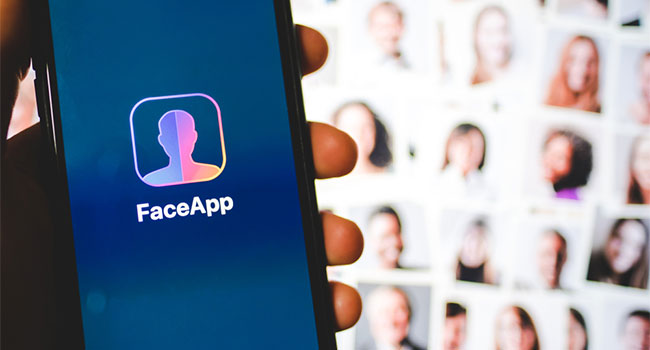
FBI Warns That FaceApp and Other Apps Developed in Russia Are ‘Potential Counterintelligence Threats’
The viral app concerned senators due to the amount of data that it collected, including facial scans of users.
- By Haley Samsel
- Dec 04, 2019
As FaceApp took the internet by storm with its face-aging feature this summer, Senate Minority Leader Chuck Schumer (D-N.Y.) wondered: What are the risks posed by an app based in Russia that requires access to large amounts of user data?
He sent a letter to the FBI in July requesting a review of the app’s potential threats to Americans’ data security, and on Monday, he published the bureau’s response. In a Nov. 25 letter, Jill Tyson, the assistant director of the FBI’s Office of Congressional Affairs, wrote that the FBI considers nearly any app developed in Russia to be a “potential counterintelligence threat.”
“The FBI considers any mobile application or similar product developed in Russia, such as FaceApp, to be a potential counterintelligence threat, based on the data the product collects, its privacy and terms of use policies, and the legal mechanisms to the Government of Russia that permit access to data within Russia’s borders,” Tyson wrote.
She added that Russia’s intelligence agencies, including the Russian Federal Security Service (FSB), have the ability to obtain online communications and telephone records through “robust cyber exploitation” operations.
“In other words, the FSB can remotely access all communications and servers on Russian networks without making a request to [internet service providers],” Tyson wrote.
On Monday, Schumer took the Senate floor to urge Americans to consider the potential ramifications of downloading apps produced in Russia. FaceApp has previously said that it does not store any data in Russia, where its research and development team is based, and does not share data with third parties.
“I strongly urge all Americans to consider deleting apps like FaceApp immediately and to proceed with extreme caution when downloading apps developed in foreign countries that are known adversaries,” Schumer said. “The personal data FaceApp collects from a user’s device could end up in the hands of Russian intelligence services. It is simply not worth the risk.”
In the past month, Schumer has been among several senators who have pushed for a national security review of TikTok, the video app owned by Chinese company ByteDance. (The company is currently facing scrutiny from the Department of Commerce).
Schumer connected the FaceApp saga to continuing efforts by Russian intelligence agencies to interfere in American democracy through influence campaigns and cyber attacks.
“We should be doing everything in our power to stop it and prevent that from happening, from hardening our election infrastructure to ensuring our military has the cyber authority needed to respond to attacks, to passing tough new sanctions to deter any foreign power from interfering in our elections,” Schumer said, urging McConnell to include election security measures in the Senate’s annual defense spending bill.
About the Author
Haley Samsel is an Associate Content Editor for the Infrastructure Solutions Group at 1105 Media.